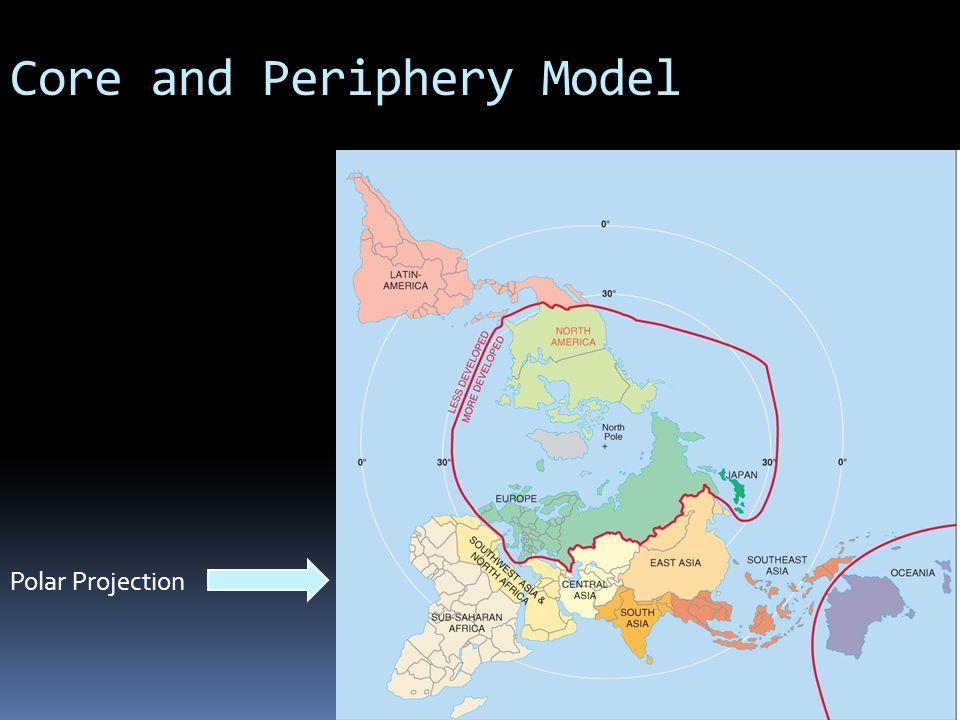Development and Underdevelopment in Nepal
8. Development and Underdevelopment in Nepal
Question: Using a world-system perspective, analyze the issues of development and underdevelopment in Nepal. How do global economic forces impact Nepal’s peripheral status in the world economy?
Relevant Readings: Chaitanya Mishra, “Development and Underdevelopment in Nepal”; Piers Blaikie, John Cameron, and David Seddon, Nepal in Crisis.
Analyzing the development and underdevelopment of Nepal through a world-systems perspective reveals the profound impact of global economic forces on its peripheral status in the world economy. This perspective emphasizes the interconnectedness of nations within a capitalist framework, highlighting how external economic dynamics shape internal conditions.
## Nepal's Peripheral Status in the World Economy
### 1. **Historical Context and Global Integration**
Nepal's integration into the global economy has been marked by its historical reliance on agriculture, remittances, and foreign aid. Despite its rich natural resources, including significant hydropower potential, Nepal has struggled to leverage these assets effectively due to a combination of political instability, inadequate infrastructure, and external economic pressures.
- **Colonial Legacy**: Although Nepal was never formally colonized, its geopolitical position between India and China has historically subjected it to external influences and pressures. This has shaped its economic policies and development trajectories, often aligning them with the interests of more powerful neighbors.
- **Globalization and Economic Policies**: The adoption of liberalization policies in the early 1990s aimed to integrate Nepal into the global market. However, these policies have often favored foreign investment at the expense of local industries, leading to a dependency on external capital and remittances rather than fostering sustainable domestic growth[2][4].
### 2. **Impact of Global Economic Forces**
Global economic forces have significantly influenced Nepal's development trajectory, reinforcing its peripheral status:
- **Trade Imbalances**: Nepal's trade is heavily skewed in favor of imports, particularly from India, leading to a persistent trade deficit. The reliance on imported goods hampers local production and perpetuates economic dependency. For instance, the country has shifted from being a rice exporter to a major importer due to agricultural challenges and trade policies influenced by its neighbors[4][5].
- **Remittances as a Double-Edged Sword**: While remittances have become a crucial source of income for many families, contributing to poverty alleviation, they also create a dependency that undermines local economic development. The outflow of labor to foreign countries reflects a lack of domestic opportunities and exacerbates the brain drain, further weakening Nepal's economic base[1][4][5].
- **Geopolitical Influences**: The geopolitical landscape, characterized by competition between India and China, complicates Nepal's development. Both countries vie for influence, often using economic aid and investment as tools. This dynamic can lead to a lack of coherent national development strategies, as Nepal navigates the competing interests of its powerful neighbors[1][4].
## Development and Underdevelopment Issues
### 1. **Political Instability and Governance Challenges**
Frequent changes in government and political instability have hindered consistent policy implementation, creating an unfavorable business environment. This instability affects foreign investment and economic planning, perpetuating underdevelopment. The lack of effective governance has led to corruption, inefficient bureaucracy, and a failure to capitalize on development opportunities[1][4].
### 2. **Infrastructure and Human Capital Deficiencies**
Nepal faces significant infrastructure challenges, particularly in transportation, energy, and communication. The difficult terrain complicates infrastructure development, limiting access to markets and services. Additionally, the education and skill levels of the workforce are often inadequate, further constraining economic growth and development potential[3][4].
### 3. **Environmental Vulnerabilities**
Natural disasters, such as the 2015 earthquake, have had devastating impacts on Nepal's economy, exacerbating existing vulnerabilities. The reliance on agriculture makes the country particularly susceptible to climate change and environmental degradation, which can undermine food security and economic stability[1][5].
## Conclusion
From a world-systems perspective, Nepal's issues of development and underdevelopment are deeply intertwined with its peripheral status in the global economy. Global economic forces, characterized by trade imbalances, geopolitical influences, and dependency on remittances, significantly impact Nepal's ability to achieve sustainable development. Addressing these challenges requires a comprehensive approach that considers the interplay of internal dynamics and external pressures, fostering a more equitable and resilient economic framework that can break the cycle of dependency and underdevelopment.
Citations:
[1] https://nepaleconomicforum.org/is-nepal-ready-for-the-shift-in-global-economic-epicenter/
[2] https://www.nepjol.info/index.php/voice/article/download/61431/46213/181172
[3] https://aric.adb.org/pdf/attn/Review%20of%20Nepal%20Economy.pdf
[4] https://www.orfonline.org/expert-speak/deepening-economic-crisis-in-nepal
[5] https://www.worldbank.org/en/country/nepal/overview
[6] https://www.worldbank.org/en/country/nepal/publication/nepaldevelopmentupdate
[7] https://www.adb.org/news/nepal-economy-gradually-improve-fy2024
[8] https://journals.sagepub.com/doi/abs/10.1177/223386599900200106








